Ethical Food Shopping Tips For Your Holiday Ingredients
Put Your Money Where Your Values Are: Ethical Food Shopping For Holiday Ingredients
Share the post
Share this link via
Or copy link

Source: PeopleImages / Getty
As a society, our relationship with food is changing – partially by choice and partially out of necessity. Food prices were up nearly 11 percent in the fall of 2022 compared to the fall of 2021, says the USDA. This historic inflation is driving many consumers to think differently about how they feed the mouths in their home. Black Hills Fox news reports that it’s resulted in more people than ever shopping at their local farmer’s market because, for once, the prices there are better than those found at the major grocery chains.
Finances have inspired some shoppers to take an interest in supporting local food producers. Still, many Americans have been showing an interest in being more conscious about where they get their ingredients. From environmental reasons to social justice ones, people are starting to recognize that what’s on your plate is more than just a yummy recipe – it’s a representation of your values.
As MADAMENOIRE continues our weekly series on putting your money where your values are, we focus on food this week. Families across the country are shopping and preparing for big holiday meals, so it’s a great time to pay extra attention to where you source your ingredients. Here are ethical shopping tips for your holiday ingredients.
Support Local Farmers

Source: Flashpop / Getty
Love MadameNoire? Get more! Join the MadameNoire Newsletter
We care about your data. See our privacy policy.
You can do this by going to your farmer’s market, or even going to the farms themselves, as many have pop-up markets on location, or allow shoppers to pick their own produce and pay by the pound. When you buy your produce from major supermarkets, much of it has traveled hundreds of miles to get to the store. That’s because major grocery stores try to keep nearly every variety of produce in stock, all year long, including things that aren’t seasonal for the area. So that heirloom tomato you grab in the dead of winter probably took a CO2-producing plane ride to get to you.
The seasonal issue brings up another point – adjust your menu to only use seasonal produce. There are tons of delicious, flavorful produce in season, every season. Learning to skip certain ingredients when they aren’t in season can help you create dishes around what’s in season now, making it easier to get your produce from local farmers.
Buy Fair Trade Products

Source: SDI Productions / Getty
By the time ingredients are turned into things like coffee, cookies and flour, many different workers, locations and processes have been involved. It’s easy for ethical practices to slip through the cracks. That’s why it’s important to purchase fair trade products. These products are made with practices that protect the rights of workers, provide humane working conditions, provide fair pay, and even protect the environment while they’re at it. Look for products boasting the Fair Trade Certified or Fair Trade International labels.
Buy Ugly Produce
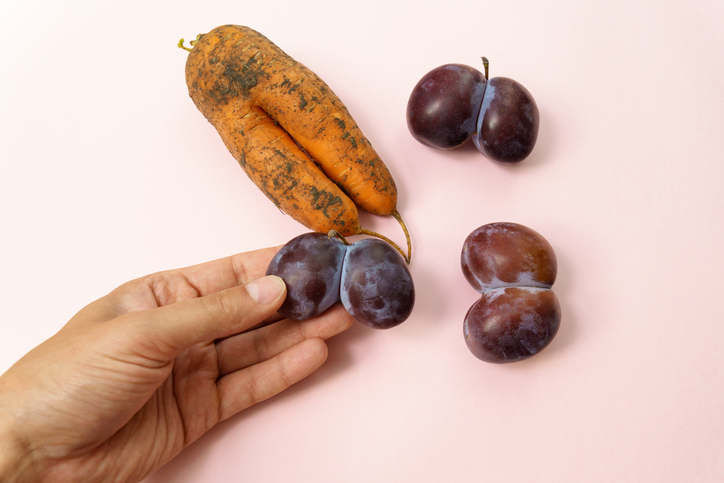
Source: Алексей Филатов / Getty
We mean it – hideous produce. It contains all of the same nutrients and flavor as the pretty stuff, but when you buy it, you get it at a discount while doing your part in reducing food waste. There are many companies that offer weekly deliveries of produce deemed “too ugly” to wind up on grocery store shelves. Imperfect Foods, Hungry Harvest, Perfectly Imperfect Produce, and Farmbox Direct are just some of the companies that sell the grocery supply surplus at a discount. By the time it winds up in your cart or sauce, you won’t care what it looks like.
Know Your Ethical Stores
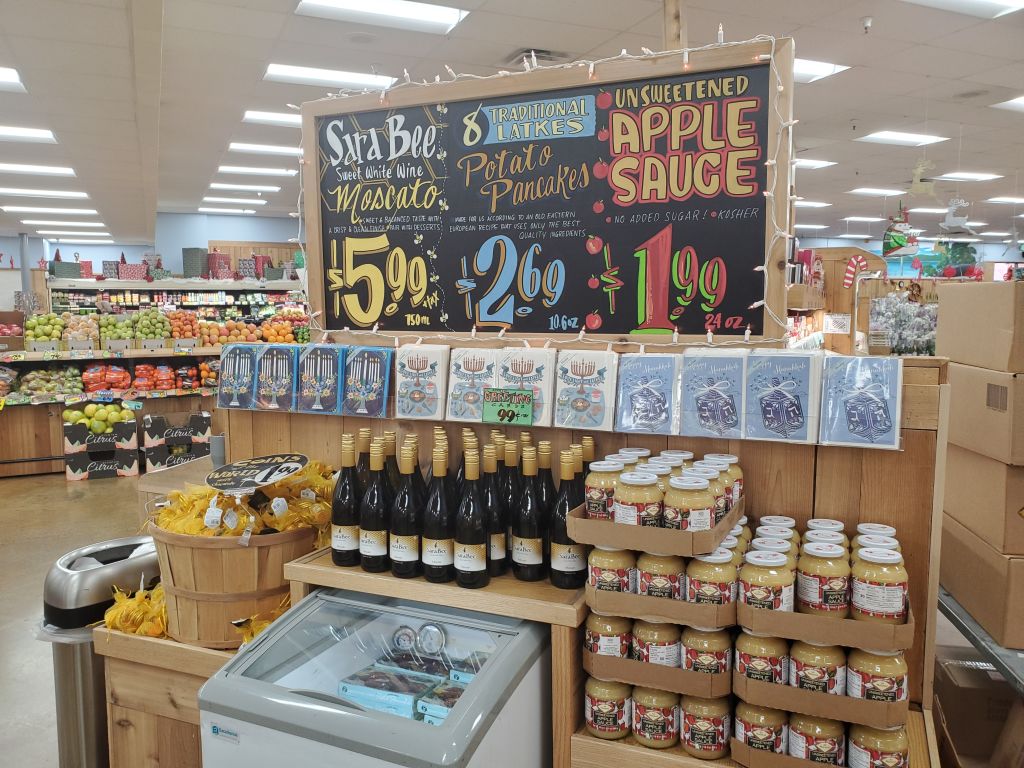
Source: Smith Collection/Gado / Getty
You don’t have to stick to farmer’s markets for your holiday ingredients. If you want to shop in stores with walls and a roof and tons of packaged products, you can – just know where to go. Below are some of the most ethical grocery stores with nationwide locations:
- Trader Joe’s. They donate all of their unsold products, use low-plastic packaging and offer fair pay to employees.
- Sprouts. They focus on local and farm-fresh produce, as well as small-batch treats like snacks and beverages.
- Natural Grocers. With 159 stores in 20 states, Natural Grocers sells only organic produce as well as antibiotic and hormone-free meats and pasture-raised dairy products.
- Aldi. Aldi prioritizes stocking local foods, using energy-saving practices and providing workers ethical wages.
Do Your Part To Reduce Plastic
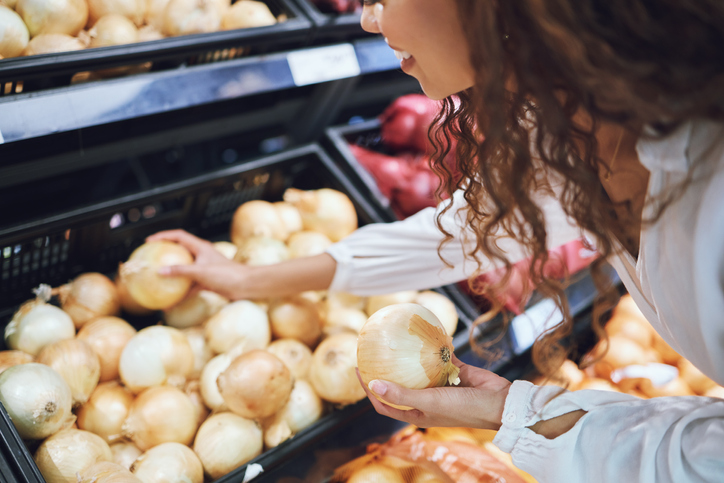
Source: PeopleImages / Getty
You can do this in several ways. First, pay attention when you’re selecting items in a store. Sometimes, a small amount of pre-cut, pre-washed lettuce uses an entire single-use plastic box. Meanwhile, you could grab several full heads of lettuce raw and put them in the canvas bag you brought from home. That’s the other thing – BYOBag everywhere. You’ll be grocery shopping a lot for the holidays, so keep a good stack of reusable bags in your car.
Get *Good* Ingredients
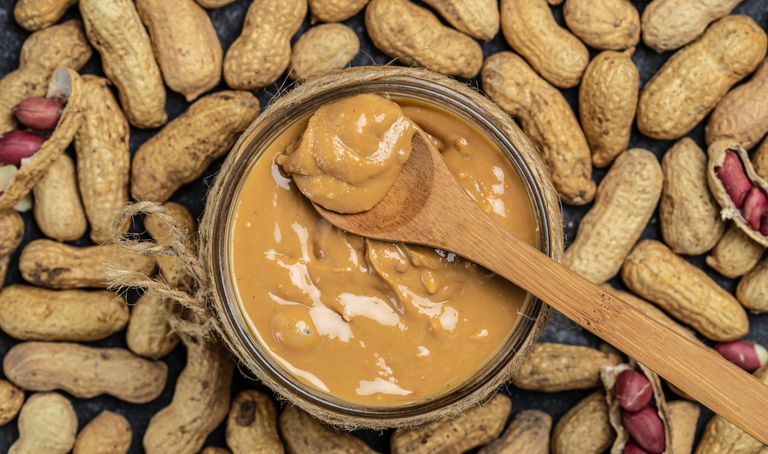
Source: Koval Nadiya / Getty
Not just tasty ones, but ones from companies who give back. Annie’s Homegrown is involved in several good causes including Grants for Gardens, which funds the development of gardens in underserved communities. Askinosie Chocolate provides lunch for a malnourished child in the Philippines for each bar of chocolate you buy. Good Spread Peanut Butter helps fund a special peanut-butter-based treatment for malnourished children. These are just some of the many food brands who give back out there. Do your own research and find the ones most meaningful to you.
Share Your Surplus
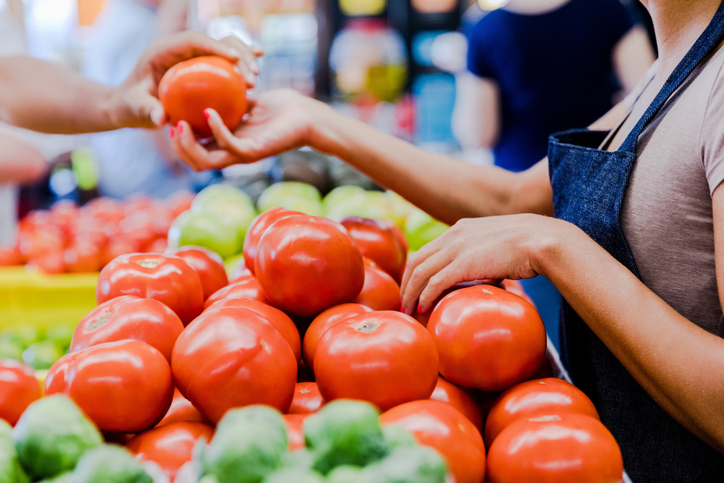
Source: SDI Productions / Getty
If you have ingredients you wind up not needing, donate them to your local food pantry or soup kitchen. If you make too much food, bring some leftovers to neighbors in need of a good meal. If you still have leftovers after that, get creative with them – don’t let holiday leftovers wind up in the trash.







